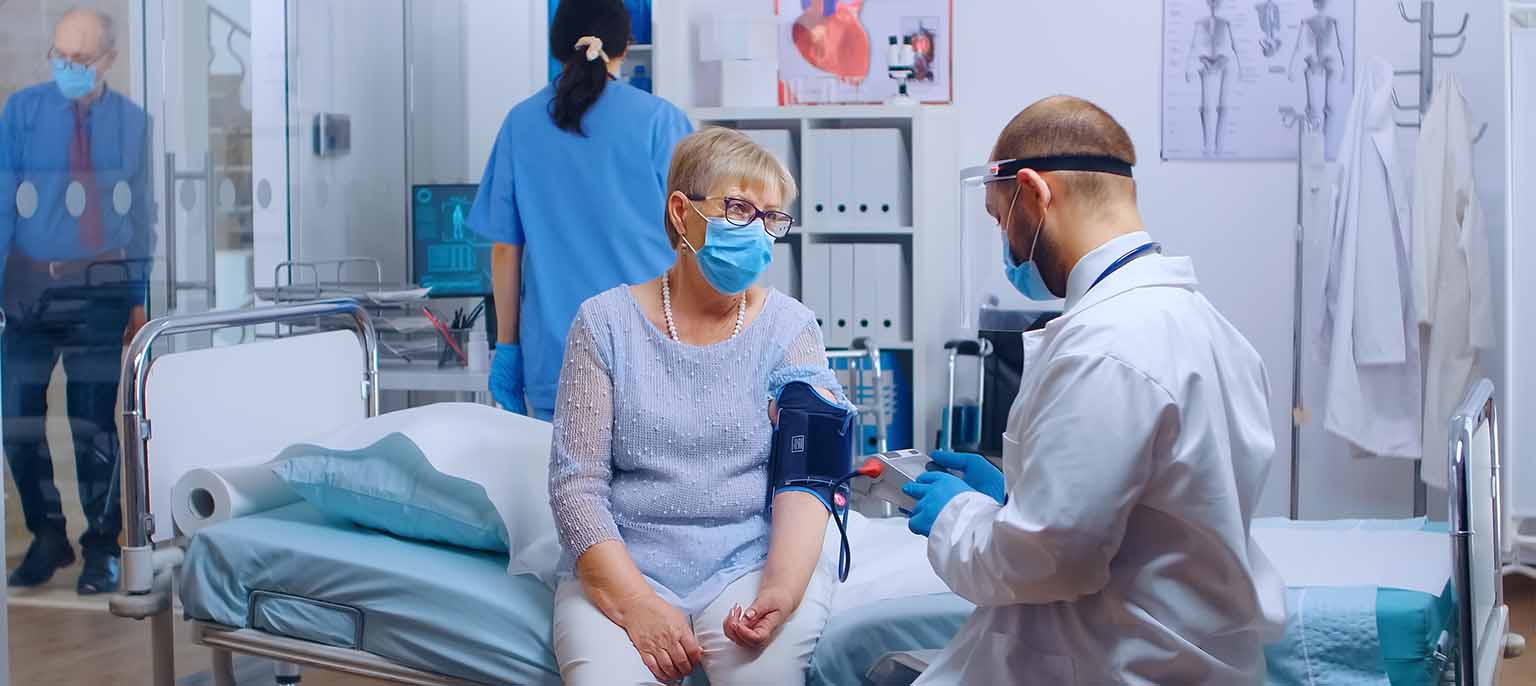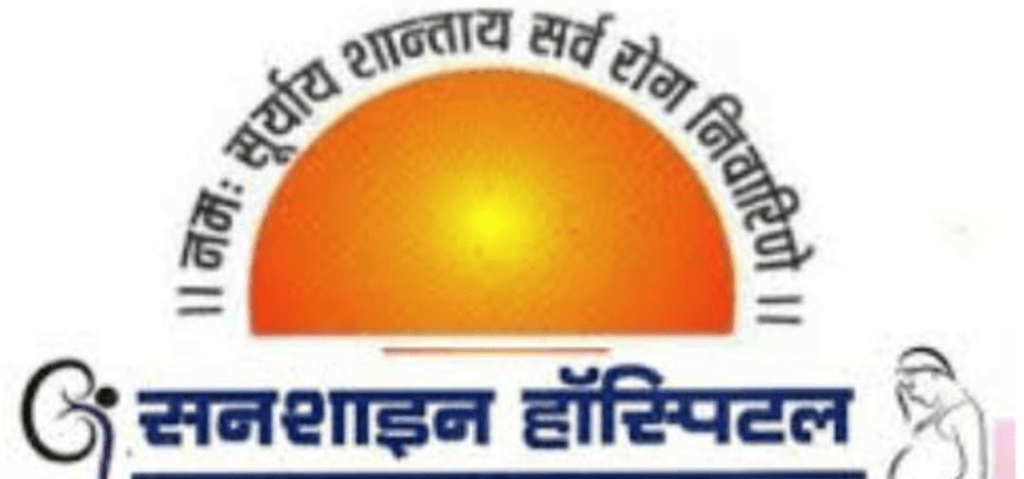Peritoneal Dialysis Treatment
Treatment > Peritoneal Dialysis Treatment

Peritoneal Dialysis Center In Chhattisgarh
As an experienced peritoneal dialysis center in Chhattisgarh, we provide peritoneal dialysis removal and care treatment, including peritoneal dialysis removal when needed. Peritoneal dialysis, also known as PD, uses the lining of the abdomen, or peritoneum, to filter blood the way healthy kidneys would.
It involves filling your abdomen with a dialysis solution called dialysate, which absorbs waste and excess fluid from blood vessels. The dialysate fluid drains from the abdomen, removing wastes from the body.
There are a few types of peritoneal dialysis:
-
C.A.P.D. Catheter Removal When Needed
One common type of peritoneal dialysis is Continuous Ambulatory Peritoneal Dialysis (C.A.P.D.). This requires an implanted catheter in the peritoneum to allow fluid to flow in and out. Our skilled Chhattisgarh staff can provide C.A.P.D. catheter removal when necessary or no longer functioning properly. -
Peritoneal Care Options
At Sunshine Hospital, Chhattisgarh, patients can choose from automated peritoneal dialysis (A.P.D.) or continuous cycler-assisted peritoneal dialysis (C.C.P.D.). Our knowledgeable team provides complete peritoneal dialysis removal care customized to your unique needs.
Why Choose Us For Peritoneal Dialysis In Chhattisgarh?
There are many good reasons to choose peritoneal dialysis, including:
- Treatment convenience, doing exchanges at home
- Avoiding travel for hemodialysis center visits
- Preserving more residual kidney function
- Fewer dietary and fluid restrictions
- Lower risk of infection compared to hemodialysis
- Better quality of life, according to some patients
Sunshine Hospital Peritoneal Care
Sunshine Hospital has the expertise to deliver high-quality PD therapy for kidney patients as an experienced peritoneal dialysis center providing treatment in Chhattisgarh for over (X) years. Our nephrologists and dialysis technicians can answer your questions and provide personalized treatment, including-
- Thorough explanation of peritoneal options
- C.A.P.D. catheter placement
- Prescription of optimal P.D. dosing/exchanges
- Ongoing monitoring and lab testing
- Treatment of infection if needed
- Catheter removal when necessary
- Transition to transplant or hemodialysis
Why Wait? Contact Sunshine Hospital In Chhattisgarh Today!
If you or a loved one requires peritoneal dialysis, look no further than Sunshine Hospital. As a trusted PD and C.A.P.D. center performing peritoneal dialysis removal procedures in Chhattisgarh, we provide personalized care for improved health and quality of life. Contact us today to learn more and get started with treatment.
Some potential F.A.Q.s
What are the steps involved in starting peritoneal dialysis?
A PD catheter is surgically inserted into your abdomen, and then after about 2 weeks of healing, dialysis solution exchanges are started to filter wastes and excess fluid from your blood.
How often does the peritoneal dialysis fluid need to be exchanged?
P.D. fluid exchanges typically occur 4-6 times daily, with several hours between each exchange to allow proper waste filtration.
Does P.D. or C.A.P.D. treatment allow traveling or continuing to work?
P.D. and C.A.P.D. allow for more freedom since exchanges occur at home without visiting a dialysis center. Many patients can travel and continue working.
What causes a peritoneal catheter to be removed?
A catheter may be removed due to infection not resolved by antibiotics, catheter malfunction, hernias, or if high transport status indicates another form of dialysis is preferred.
Is peritoneal dialysis painful?
Most patients do not find P.D. exchanges painful. There may be mild discomfort when fluid is drained or infused. Notify your care team if you experience significant pain.
